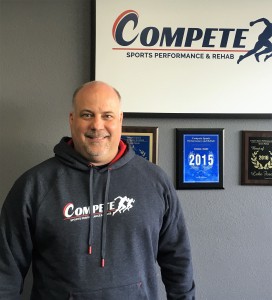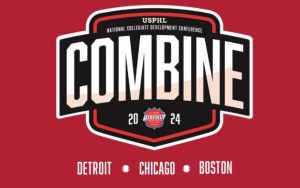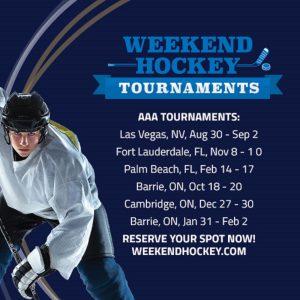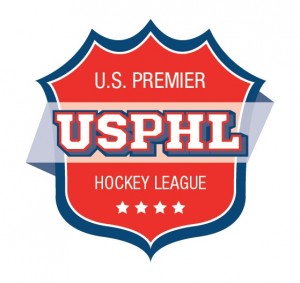From the Trainer’s Room: Preparing for the post-season, looking at key training tips
 As the season begins to wind down and playoffs are around the corner, it’s time to take a look at your training and recovery program and see if you need to modify it.
As the season begins to wind down and playoffs are around the corner, it’s time to take a look at your training and recovery program and see if you need to modify it.
The season can be very demanding on athletes with practices, lessons, games, tournaments, travel and workouts, not to mention school and having time to just be a kid. It not only affects athletes physically, but also mentally.
Athletes may feel tired, physically sore, mentally drained or dealing with an injury that all may affect their performance. These feelings may also reduce the fun of playing the game, which to me is more important than performance.
Heading into the post-season, an athlete’s regimen needs to be assessed to see what is necessary for peak performance at this important time.
Overtraining is the biggest mistake I see at this time of year.
Everyone gets caught up in the hype of playoffs and need for perfection that we end up doing more at this time instead of tapering off and working on the small things they need to succeed.
Here is what you should address:
• On the ice: The focus should be more on the little things that need to be better. This could be fine-tuning your shot or working on edgework while skating. Players should be well-conditioned at this time and will most likely get enough skating in practice that it may be detrimental to do extra on-ice conditioning.
• Off the ice: The focus should be to maintain strength, power and stability at this time. The intensity of training can remain the same, but the volume should decrease. This is not a good time to try new programs as we do not want the athlete to experience new muscle soreness. Take this time to address any injuries and seek professional help so what might be something minor doesn’t turn into something that takes an athlete out of a game.
• General life: These tips should occur throughout the year but often get forgotten. Focus on getting enough sleep. Athletes should be getting at least eight hours of sleep each night. Take a look at your eating habits and assess if you are eating and drinking enough and at the correct times.
Chris Phillips is an athletic trainer and strength and conditioning specialist with over 20 years’ experience in professional hockey, football and soccer. He is the owner of Compete Sports Performance and Rehab in Orange County.
(March 3, 2020)








